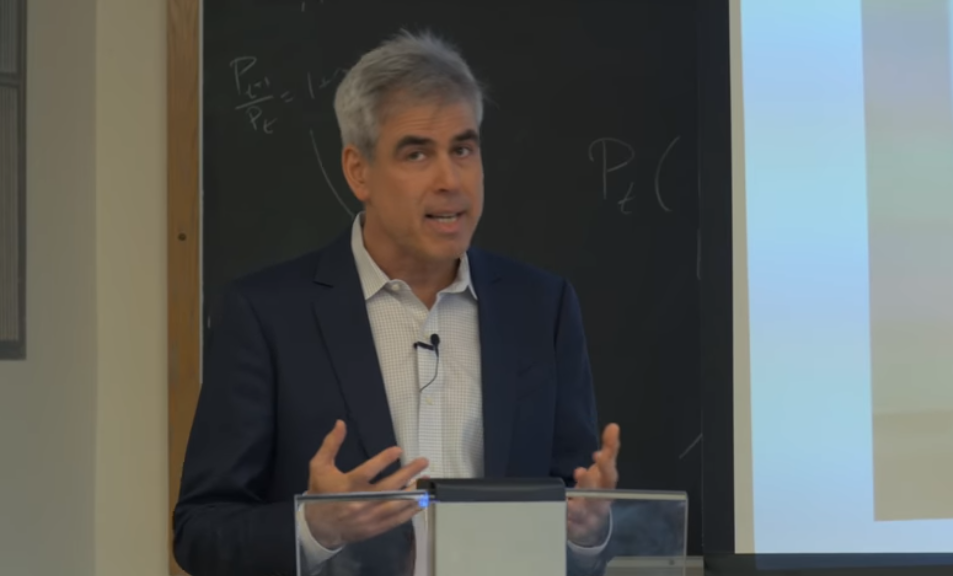
Jonathan Haidt’s book The Righteous Mind describes the human mind as an elephant (instinct) with a rider (reason). Crucial to this understanding is the insight that the rider serves the elephant.
Reason does not govern instinct; it serves it. The rider serves the elephant by seeking information that confirms pre-existing beliefs and avoids contradictory information. Individuals are thus not trustworthy to reason in support of their beliefs, but they are very adept at knocking down the theories of others.
If, however, you find yourself isolated in an ideologically homogeneous tribe, no one is likely to point out glaring flaws in your thinking; he or she either cannot or doesn’t want to see these flaws any more than you do. High quality reasoning, thus, is a social enterprise, and engagement with people of different points of view is crucial.
Examples of bad reasoning in education policy debates occur on a never-ending basis. Some of my personal favorites include: Florida’s literacy gains occurred because of Harry Potter books that, er, were available everywhere, including the states that didn’t see Florida’s gains.
Another classic: The American Legislative Exchange Council is a horrible threat to democracy despite, er, anyone can write model bills and only a tiny sliver of bills originate from ALEC.
Oh, and no list would be complete without the expressed notion that private schools are full of science-denying flat earther hillbillies except, well, private school students know more about science than public school students.
Haidt argues convincingly that people can talk themselves into pretty much anything, especially if they suffer from viewpoint isolation. “Donald Trump was a KGB agent” and “a bipartisan multi-state conspiracy threw the election to Joe Biden” are both deeply implausible stories, for instance, with distressingly large followings.
Having Trump supporters decamp to their own social media platform wasn’t healthy. Having three large firms execute their own conspiracy to shut this platform down was worse still. However antitrust authorities choose to view this action in America, Lopez Orbador, the president of Mexico, made it plain that overseas authorities will (appropriately) take a very dim view of a handful of tech CEOs in the United States creating a new “Holy Inquisition” of viewpoint censorship.
Pluralism, diversity, tolerance and a healthy dose of humility are ingredients we need more of in education, and more of in our society in general. Let’s put less stock in our certainty and more effort into a process of discovery.



Wasn’t it Socrates who said something like the more I learn the less I know? Of course they killed him too.
I remember Bill and Ted looking up “So-crates” in their history book before kidnapping him. Ted read the quote “The beginning of wisdom is to know that you know nothing” and Bill responded “Dude-it’s us!”